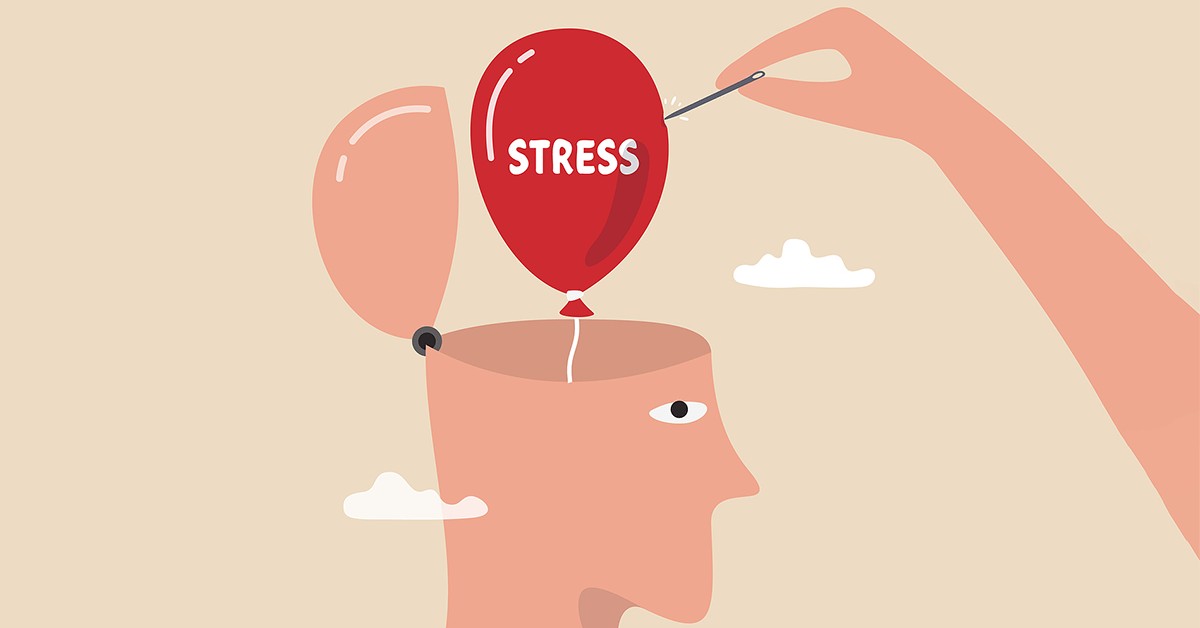In today’s fast-paced world, stress has become an inevitable part of our lives. Whether it’s due to work pressures, personal responsibilities, or external factors, managing stress is crucial for maintaining overall well-being. Implementing effective stress management strategies is essential to navigate life’s challenges and maintain mental and physical health.
Identifying Sources of Stress:
The first step in managing stress is identifying its sources. Take a moment to reflect on the aspects of your life that consistently contribute to stress. It could be work-related deadlines, relationship issues, financial concerns, or health challenges. By pinpointing these stressors, you can develop targeted strategies to address and mitigate them.
Time Management:
One of the primary causes of stress is often a lack of time or feeling overwhelmed by too many tasks. Efficient time management can significantly alleviate stress. Prioritize tasks, create to-do lists, and break down larger projects into smaller, more manageable steps. This approach not only enhances productivity but also provides a sense of accomplishment, reducing stress levels.
Also Read: पाकिस्तानी और ईरानी क्रू ने किया भारतीय नौसेना का धन्यवाद
Healthy Lifestyle Choices:
A healthy lifestyle plays a crucial role in stress management. Regular physical activity, a balanced diet, and sufficient sleep contribute to overall well-being. Exercise releases endorphins, the body’s natural stress relievers, while a nutritious diet provides the energy needed to tackle daily challenges. Additionally, quality sleep ensures optimal cognitive function and emotional resilience.
Mindfulness and Relaxation Techniques:
Incorporating mindfulness practices and relaxation techniques into your daily routine can have a profound impact on stress reduction. Activities such as meditation, deep breathing exercises, and yoga promote relaxation and help calm the mind. Taking short breaks throughout the day to practice mindfulness can enhance focus, clarity, and emotional stability.
Establishing Boundaries:
Setting clear boundaries is essential for managing stress, both at work and in personal relationships. Learn to say no when necessary and prioritize your well-being. Establishing healthy boundaries prevents feelings of being overwhelmed and maintains a healthy work-life balance.
Social Support:
Maintaining strong social connections is a valuable resource in stress management. Share your thoughts and feelings with trusted friends or family members. Sometimes, just talking about challenges can provide a fresh perspective and emotional support. Surrounding yourself with a supportive network fosters resilience and reduces the impact of stress.
Positive Thinking:
Cultivating a positive mindset is a powerful tool for managing stress. Focus on what you can control, practice gratitude, and challenge negative thought patterns. By reframing situations and emphasizing the positive aspects of life, you can build resilience in the face of stressors.
Effectively managing stress is an ongoing process that requires self-awareness and commitment. By incorporating these strategies into your daily routine, you can cultivate a healthier and more resilient approach to life’s challenges. Remember, seeking professional help from counselors or mental health professionals is always an option if stress becomes overwhelming. Taking proactive steps toward stress management empowers individuals to lead balanced, fulfilling lives.
Also Read: How to Verify if a Job Offered is a Scam: Essential Tips











